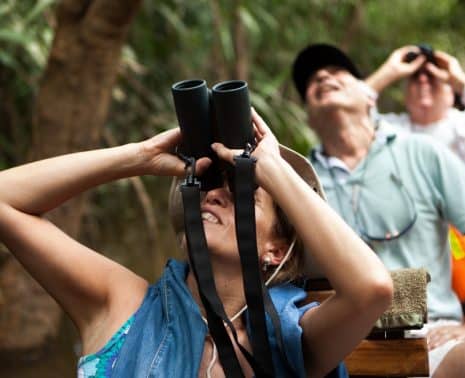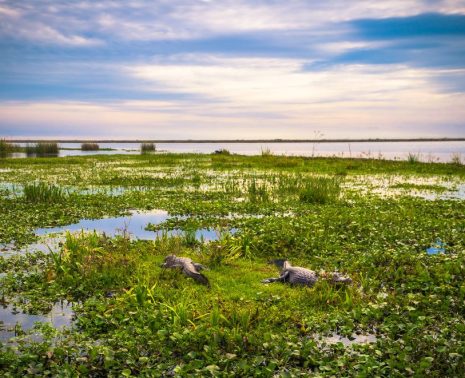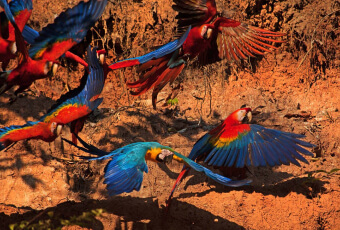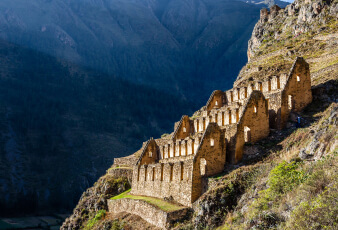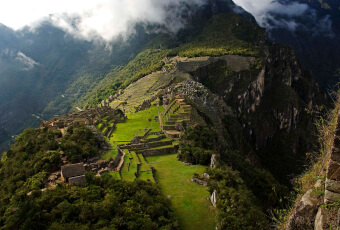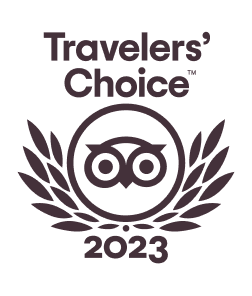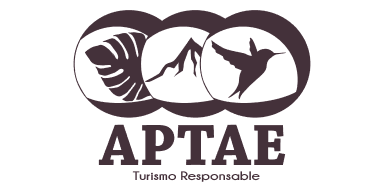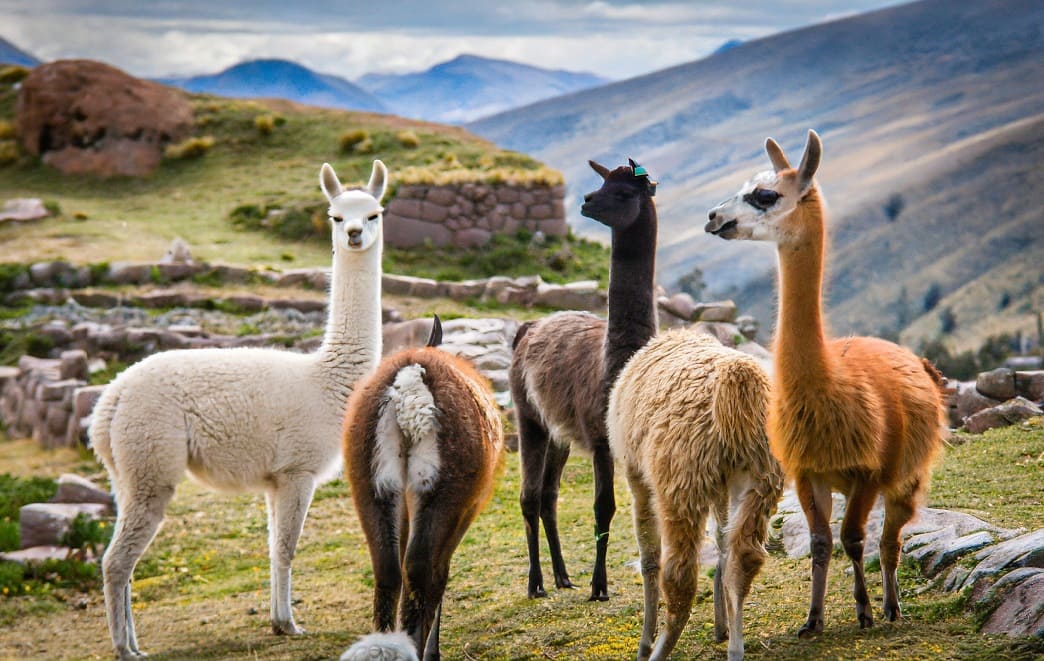
Not all camelids are llamas, you know! Those furry-faced, long-lashed creatures staring back at you from the pages of Peru travel brochures could actually be one of three South American camelids – llamas, alpacas, and vicuñas. In this article, we share the differences among the three so that when you embark on your tour of Peru, there’s one less tourist out there misidentifying (and, let’s be honest, offending) these iconic animals of Peru.
Llamas
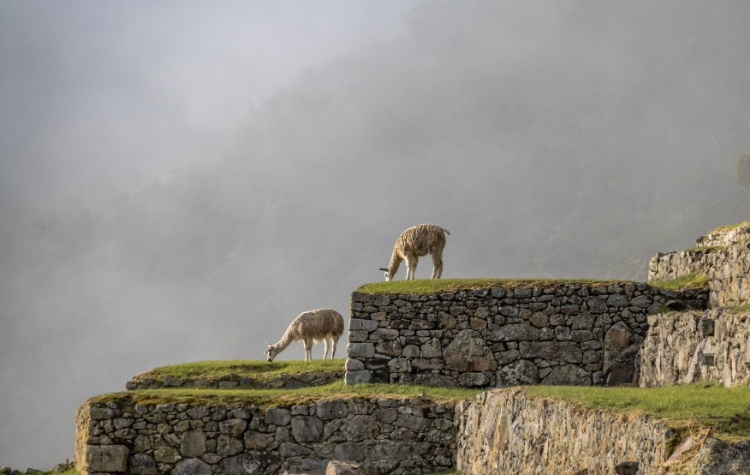
Of llamas, alpacas, and vicuñas, llamas are the tallest of the species and have longer facers with long, banana-shaped ears. Their fur is courser and less uniform than their camelid cousins, meaning you won’t likely find expensive llama wool clothing and textiles in the souvenir shops. If you do, make sure you don’t pay too much for it! On the contrary, llamas are most useful as pack animals, as they can carry as much as one quarter of their weight. Did you know that the Incas once used the llamas to transport goods throughout their vast empire?
Alpacas
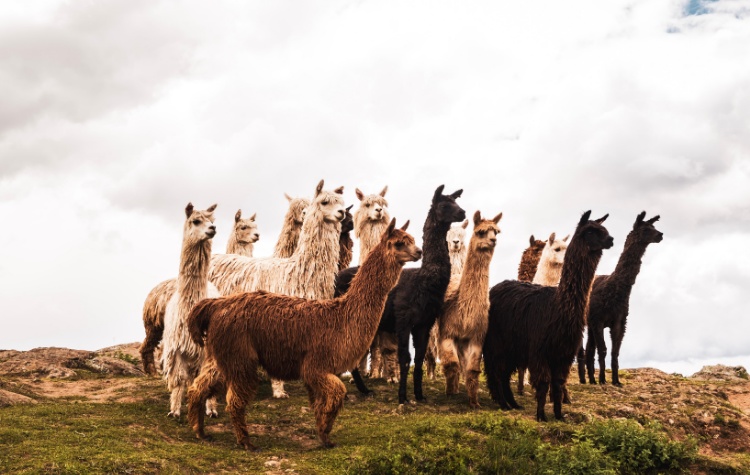
Alpacas are about half the size of llamas, have pear-shaped, symmetrical ears, bear a fine coat, and are more uniform in color. They’re most often seen in herds, so keep your eyes peeled as you traverse the high-altitude Andean landscapes on your custom Peru vacation. Unlike llama fur, it is the alpaca fur that you will most likely pay top dollar for at handicraft markets throughout Peru. A Tip: The softer-than-cashmere alpaca fiber comes in as many as 22 colors, so you should probably make room in your suitcase now for that alpaca scarf, sweater, or throw blanket. Chances are that after one brush with the soft fiber, you’ll be taking it home as your official Peru trip souvenir.
Vicuñas
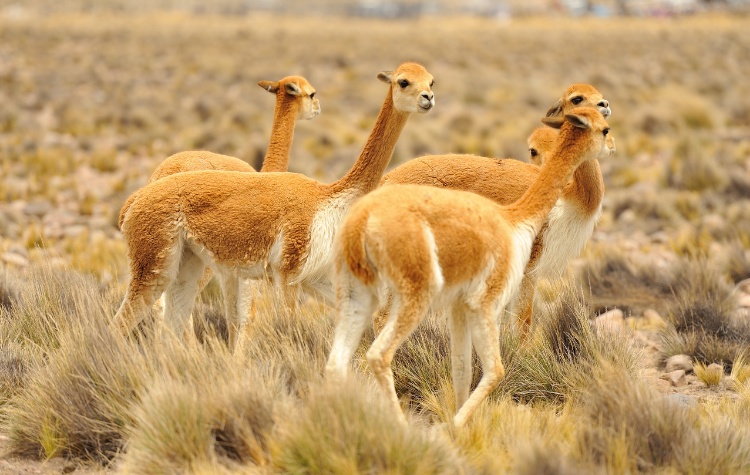
While alpacas and llamas are the domesticated of the camelids, vicuñas are the wild ones. On your tour of Peru, you won’t find a vicuña tied up to a hitching post grazing on grass with perfectly coifed hair. Instead, you’ll spot their slender form prancing across the high Andes. They are shy creatures, so your chances of snapping a selfie with this camelid are slim to none. But good luck! As an endangered and protected species, their heavenly soft fur can only be shorn every three years. As a result, expect to pay upwards of $3,000 for a vicuña wool item at the shops. Fun Fact: During Inca times, their wool was reserved for Inca rulers and royalty only.
A Bonus: Meet the Guanaco
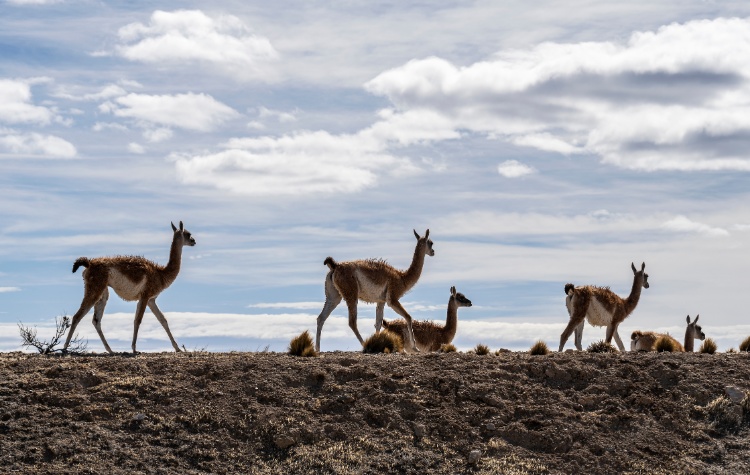
Though it’s not likely that you will come across any guanacos on your Peru trip, it’s important that we round out your camelid education by introducing you to this final South American camelid species. For a guanaco sighting, you’ll have to travel to Ecuador, Colombia, Tierra del Fuego, or the Atacama Desert. They, like the vicuña, are protected and wild, although their fur is not highly desired. You can identify guanacos by their coloring – a brown back, white underbelly, and grey face. Their short and straight ears, too, give them away.
Test your Camelid Identification Skills on a Tailor-made Peru Holiday with Kuoda
Now that you know how to spot the differences between llamas, alpacas, and vicuñas, both in the wild and in stores, it’s time to plan your dream Peru vacation. Our team of Kuoda Travel Designers are at the ready to begin organizing every detail of your personalized Peru travel adventure, camelid sightings included. Get in touch with us and we’ll explore what your custom Peru itinerary could look like.
The Best Birdwatching Spots in Ecuador
Birders looking to spot some of the world's most unique winged species should visit these birdwatching spots i...
Read Post9 Luxury Experiences In The Atacama Desert For An Unforgettable Trip
The Atacama Desert in Chile, with its surreal landscapes and otherworldly beauty, is a destination that beckon...
Read PostWhere to Experience The Best Nature and Wildlife on A Luxury Tour of Argentina
A luxury tour of Argentina that explores the natural beauty of this diverse nation is an excellent way to disc...
Read Post

 Call
Call 







